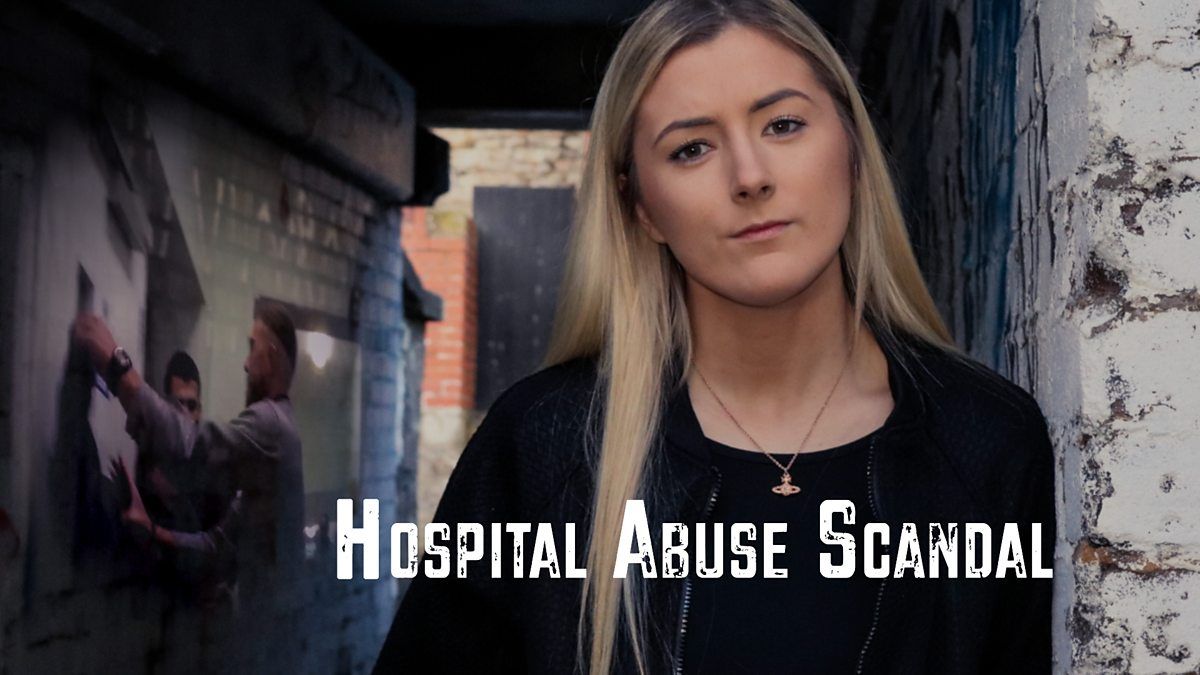
A shocking episode of Panorama revealed that there’s still so much work to be done.
The May 22 2019 episode of BBC Panorama was titled “Undercover Hospital Abuse Scandal.”
Secret footage from inside Whorlton Hall, a hospital for vulnerable adults showed patients mocked, taunted and intimidated by abusive staff. Reporter Olivia Davies filmed staff deliberately provoking and physically restraining patients with autism and learning difficulties.
This investigation comes eight years after Panorama exposed the scandal of abuse at Winterbourne View. The government promised to reform care for the most vulnerable. Many now feel that they’ve broken that promise.
“They do not see our children as human beings”
This edition of Panorama understandably generated a huge response.
The Challenging Behaviour Foundation was one of a few organisations to post a response to their website:
As a society we are shocked to see and hear it on TV, yet it appears that those who are in positions of power and influence to drive the change are incapable of doing so.
People with learning disabilities, families and others have been highlighting this failure for years, and there are pockets of really good work from some committed people in health and social care working together with families. But apart from warm words of “commitment” there is no evidence of widespread action that makes a difference.
You can read the response in full here.
What Can We Do?
Do you suspect that one of your relatives is being abused? Do you worry that they’re not receiving the care they need? There are a few things you can do.
The Challenging Behaviour Foundation has a great list of resources on their site. They have guides, FAQs, and a long list of helpful contacts and organisations. Find them here.
Update December 2022 – Safeguarding Adults Review Published
The Social Care Institute for Excellence (SCIE) published an executive summary of their Safeguarding Adults Review of Whorlton Hall:
Improving safeguarding systems alone will not work if people are still being inappropriately ‘placed’ in ‘closed’ hospital environments.
Developing new and better options to allow people ordinary lives in places they can call home will still need improvements in safeguarding processes that can be genuinely personalised and empowering, and effect sustainable change, as otherwise the new and better homes risk seeing the purpose of safeguarding activity ineffective or subverted.
